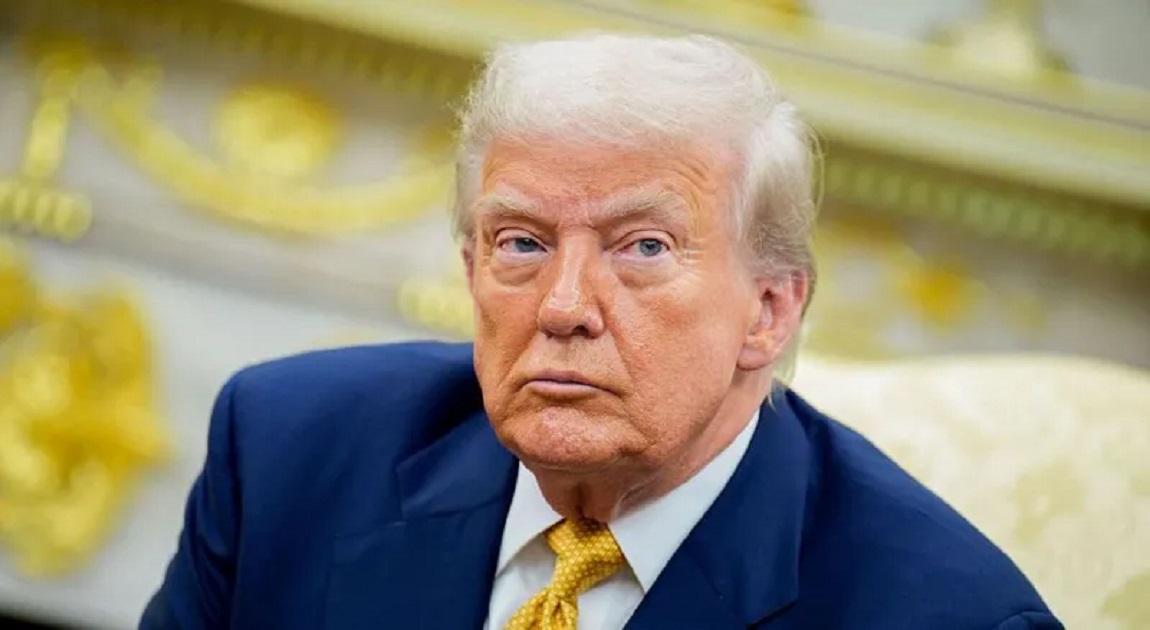A US appeals court has struck down most of President Donald Trump’s global tariffs, ruling that they were imposed illegally and setting the stage for a potential Supreme Court battle that could reshape US trade policy.
In a 7–4 decision, the US Court of Appeals for the Federal Circuit found that Trump’s sweeping tariffs—including a baseline 10% levy on nearly every country and “reciprocal” tariffs targeting dozens more—were unlawful. The court said Trump had overstepped his authority under the International Emergency Economic Powers Act (IEEPA), calling the measures “invalid as contrary to law.”
The judges noted that Congress holds the constitutional power to impose tariffs and that the 1977 IEEPA law does not explicitly grant the president authority to levy them. “Whenever Congress intends to delegate to the President the authority to impose tariffs, it does so explicitly,” the ruling stated.
The decision, which takes effect October 14, applies to tariffs on China, Mexico, and Canada, as well as Trump’s worldwide reciprocal tariffs. However, tariffs on steel and aluminium—imposed under a separate law—remain unaffected.
Trump blasted the ruling on his Truth Social platform, describing the court as “highly partisan” and warning that removing the tariffs would “literally destroy the United States of America.” He argued the tariffs were necessary to strengthen the country’s economy and national security.
The ruling stems from lawsuits filed by small businesses and a coalition of US states following Trump’s April executive orders. A lower court had already found the tariffs unlawful, but the decision was on hold pending appeal.
The Biden administration had argued in court that striking down the tariffs could trigger financial instability akin to the 1929 market crash, warning of “catastrophic consequences” for the US economy and foreign policy.
Legal experts say the case is now almost certain to reach the US Supreme Court, which has recently limited presidential powers in major policy areas. With six Republican-appointed justices—three nominated by Trump—the court’s eventual ruling could have wide-ranging implications for executive authority over trade policy.




-20260226080139.webp)



-20260223082704.webp)










-20260225072312.webp)










-20260219054530.webp)
-20260224075258.webp)





-20260221022827.webp)